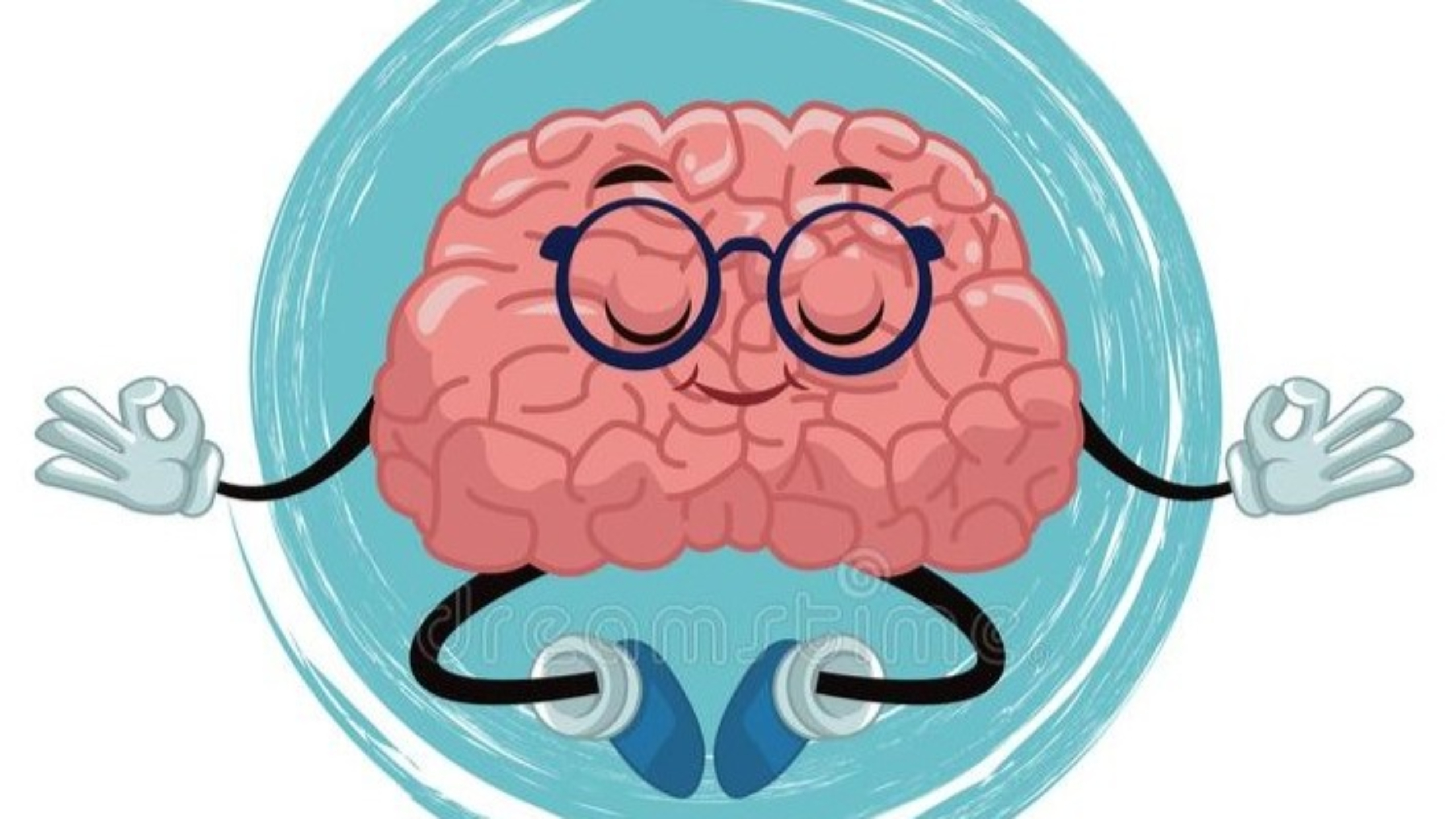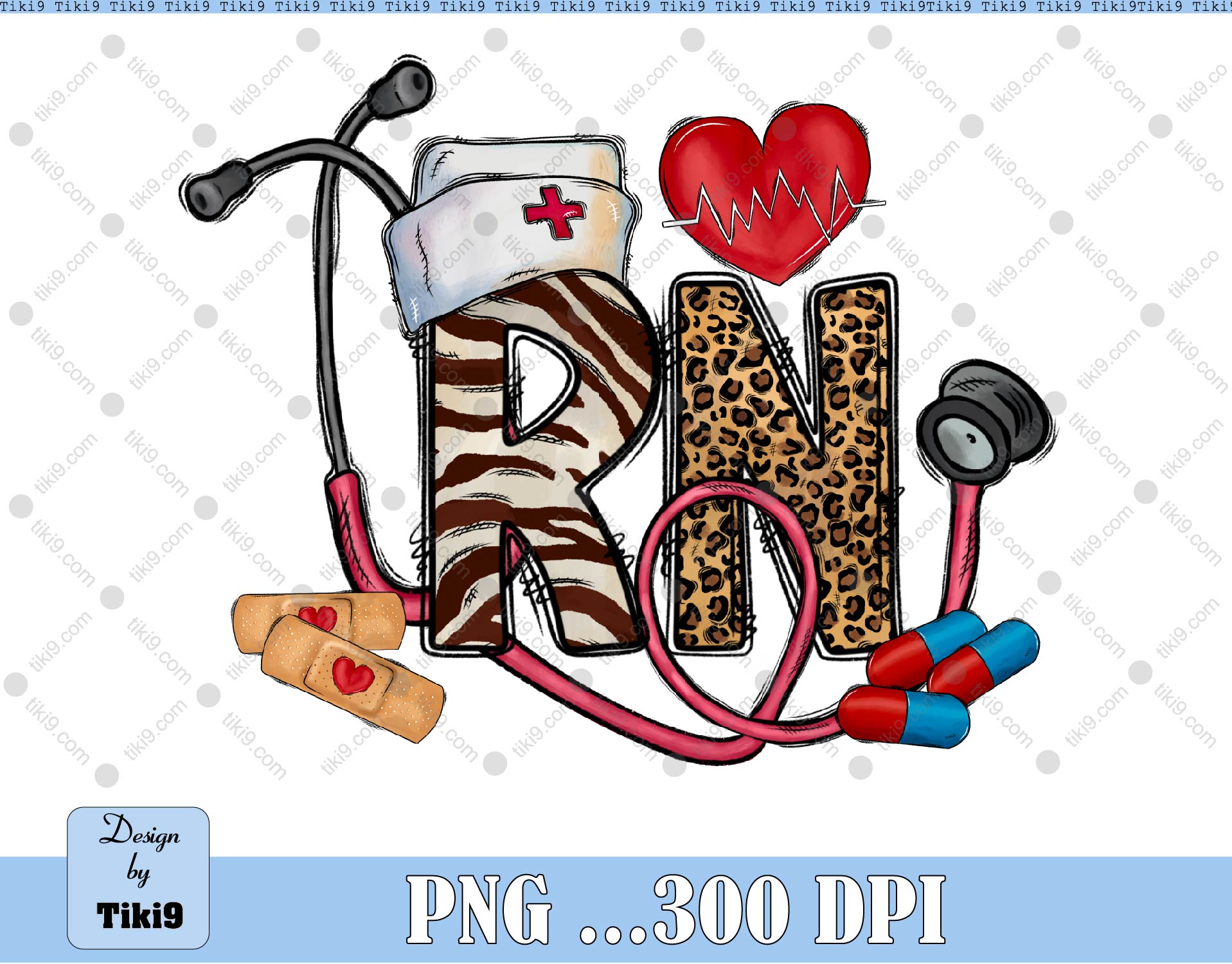
This course is a health-related work-based learning experience that enables the student to apply specialized occupational theory, skills, and concepts. Direct supervision is provided by the clinical professional. As outlined in the learning plan, apply the theory, concepts, and skills involving specialized materials, tools, equipment, procedures, regulations, laws, and interactions within and among political, economic, environmental, social, and legal systems associated with the occupation and the business/industry and will demonstrate legal and ethical behavior, safety practices, interpersonal and teamwork skills, and appropriate written and verbal communication skills using the terminology of the occupation and the business/industry. Specific learning objectives guide the student’s integrated clinical experiences, focusing on application of concepts and skills learned in previously completed RNSG courses. Clinical rotations through ICU and a variety of community-based health agencies, including a psychiatric facility, give the student an opportunity to apply integrated patient care management.
- Teacher: Beverly Molano
- Teacher: Joel Ramos
- Teacher: Florence Shogbola
- Teacher: Bailey Skiba

The focus of this course is to prepare students to successfully pass the NCLEX-RN examination and the application of knowledge, skills, and understanding of required critical concepts for entry into professional nursing practice. Practice and promote Clinical Judgement skills for safe delivery of patient care. Students will demonstrate readiness for the licensure examination. Included in the assessment, the student will utilize the Capstone Modules and the Comprehensive Predictor Preparation Examinations to assess individual strengths and weaknesses and develop a remediation plan.
- Teacher: Joel Ramos
- Teacher: Florence Shogbola
- Teacher: Bailey Skiba
This course is a health-related work-based learning experience that enables the student to apply specialized occupational theory, skills, and concepts. Direct supervision is provided by the clinical professional. As outlined in the learning plan, apply the theory, concepts, and skills involving specialized materials, tools, equipment, procedures, regulations, laws, and interactions within and among political, economic, environmental, social, and legal systems associated with the occupation and the business/industry and will demonstrate legal and ethical behavior, safety practices, interpersonal and teamwork skills, and appropriate written and verbal communication skills using the terminology of the occupation and the business/industry. Specific learning objectives guide the student’s integrated clinical experiences, focusing on application of concepts and skills learned in previously completed RNSG courses. Clinical rotations through ICU and a variety of community-based health agencies, including a psychiatric facility, give the student an opportunity to apply integrated patient care management.
- Teacher: Manju Josesph
- Teacher: Beverly Molano
- Teacher: Cynthia Moreno
- Teacher: Joel Ramos
- Teacher: Gregorio Rodriguez
- Teacher: Florence Shogbola
- Teacher: Rebecca Van Den Hoven
